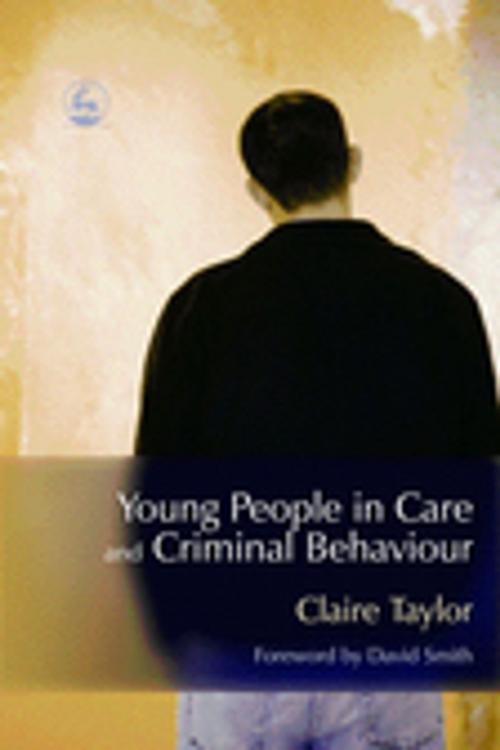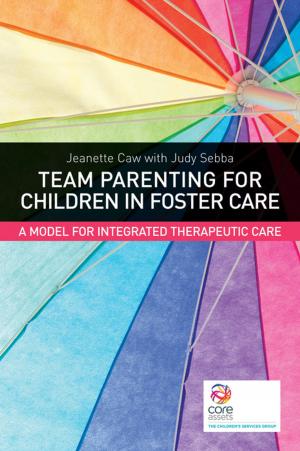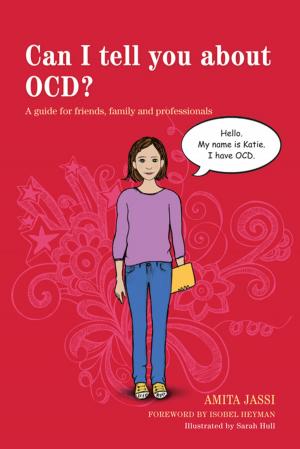Young People in Care and Criminal Behaviour
Nonfiction, Social & Cultural Studies, Social Science, Social Work, Crimes & Criminals, Criminology| Author: | Claire Fitzpatrick | ISBN: | 9781846424458 |
| Publisher: | Jessica Kingsley Publishers | Publication: | October 15, 2005 |
| Imprint: | Jessica Kingsley Publishers | Language: | English |
| Author: | Claire Fitzpatrick |
| ISBN: | 9781846424458 |
| Publisher: | Jessica Kingsley Publishers |
| Publication: | October 15, 2005 |
| Imprint: | Jessica Kingsley Publishers |
| Language: | English |
Society holds a popular perception that links children in public care with criminal activity, but this connection is largely assumed. This book addresses the lack of evidence supporting this potentially damaging assumption.
It begins by analysing past research, critically examining current policy and combining theoretical insights from the disciplines of childcare and criminology in order to form a theoretical framework for research. The empirical evidence of thirty-nine interviews with young people who have been through the care system is then drawn upon to highlight key findings and conclusions about the relationship between care and crime, and the implications towards current policy. Addressing issues such as:
the residential care experience
developing secure attachments in the context of care
experiences of education
life after care,
these powerful examples show the flaws, failures and successes of the various childcare services by offering insight into the reality of young peoples experiences.
This book is highly relevant to new legislation and the current political agenda, and will prove an eye-opening read for policymakers and practitioners in the fields of child care and criminology, social workers, and students of social work, social policy and criminology.
Society holds a popular perception that links children in public care with criminal activity, but this connection is largely assumed. This book addresses the lack of evidence supporting this potentially damaging assumption.
It begins by analysing past research, critically examining current policy and combining theoretical insights from the disciplines of childcare and criminology in order to form a theoretical framework for research. The empirical evidence of thirty-nine interviews with young people who have been through the care system is then drawn upon to highlight key findings and conclusions about the relationship between care and crime, and the implications towards current policy. Addressing issues such as:
the residential care experience
developing secure attachments in the context of care
experiences of education
life after care,
these powerful examples show the flaws, failures and successes of the various childcare services by offering insight into the reality of young peoples experiences.
This book is highly relevant to new legislation and the current political agenda, and will prove an eye-opening read for policymakers and practitioners in the fields of child care and criminology, social workers, and students of social work, social policy and criminology.















